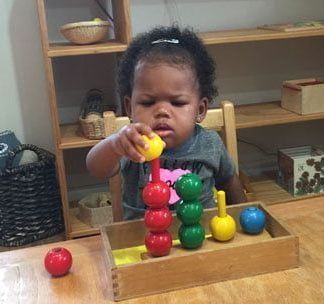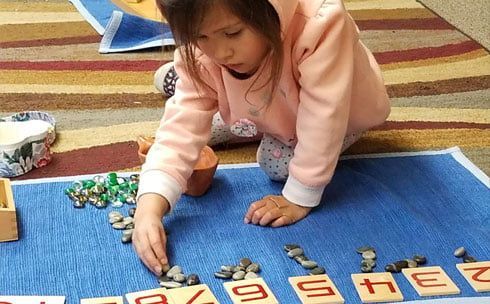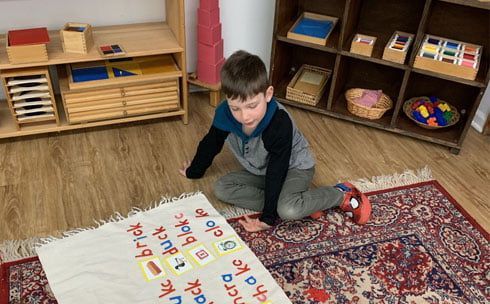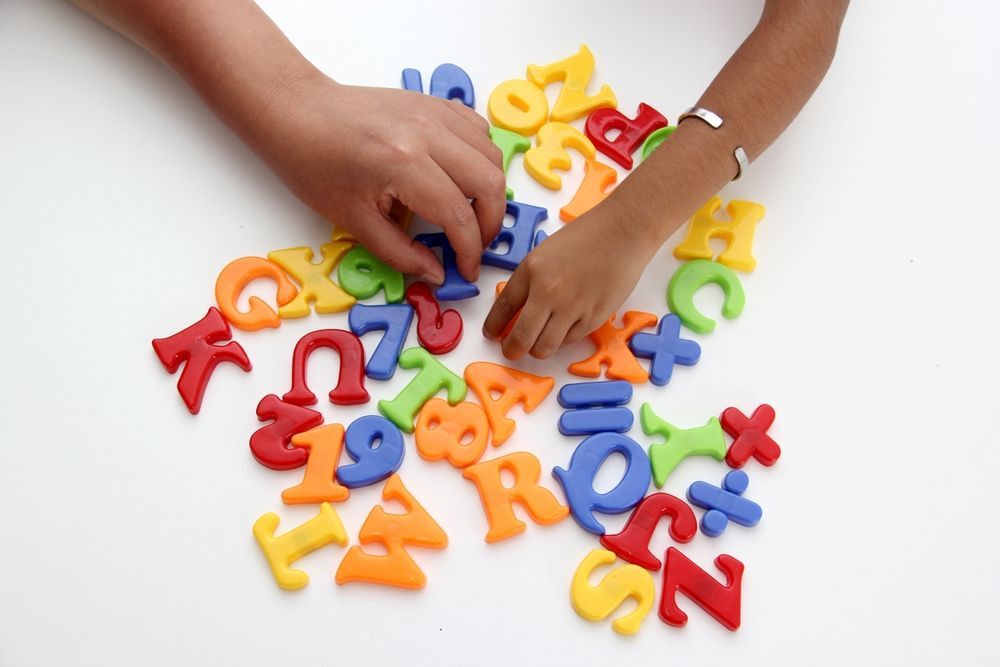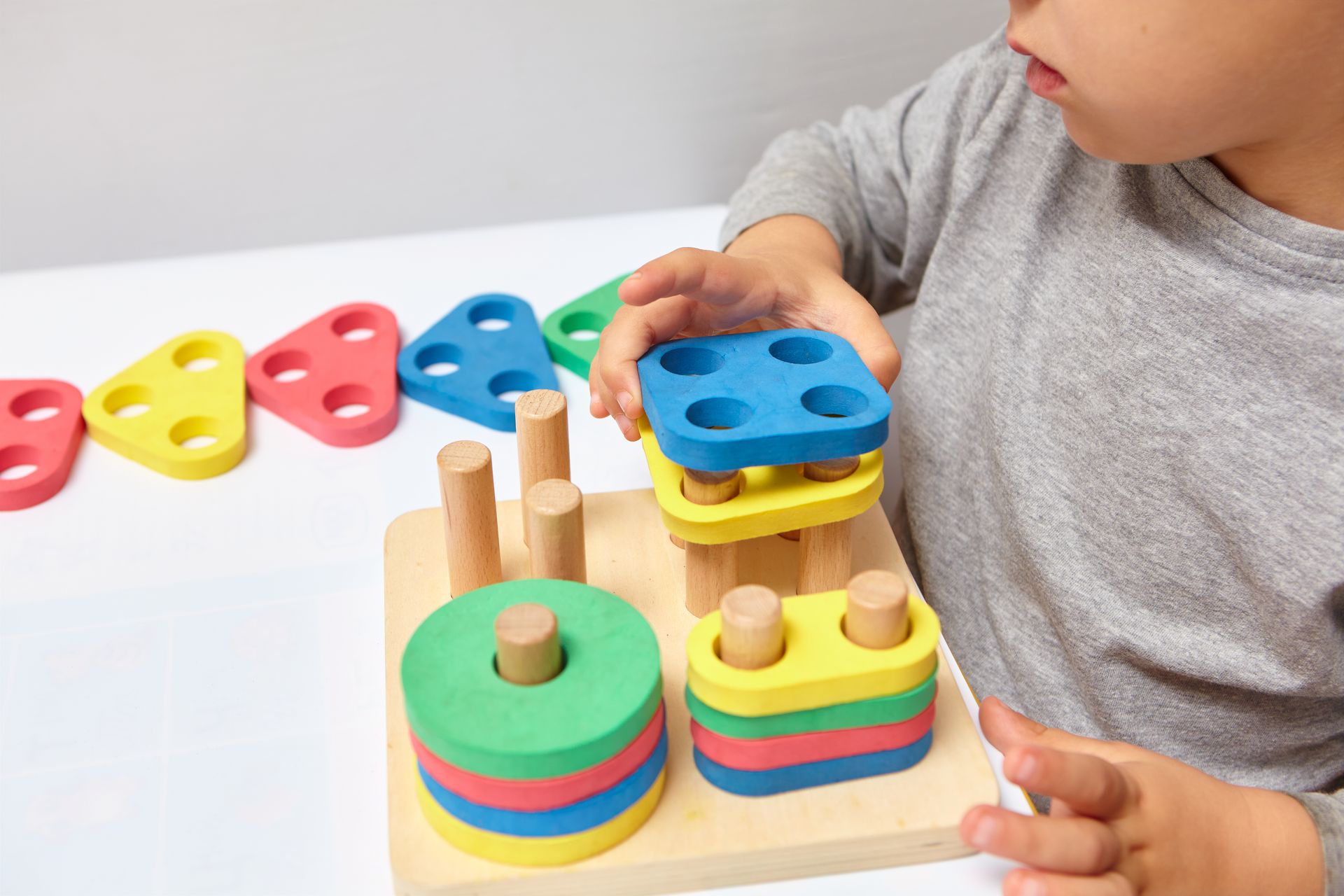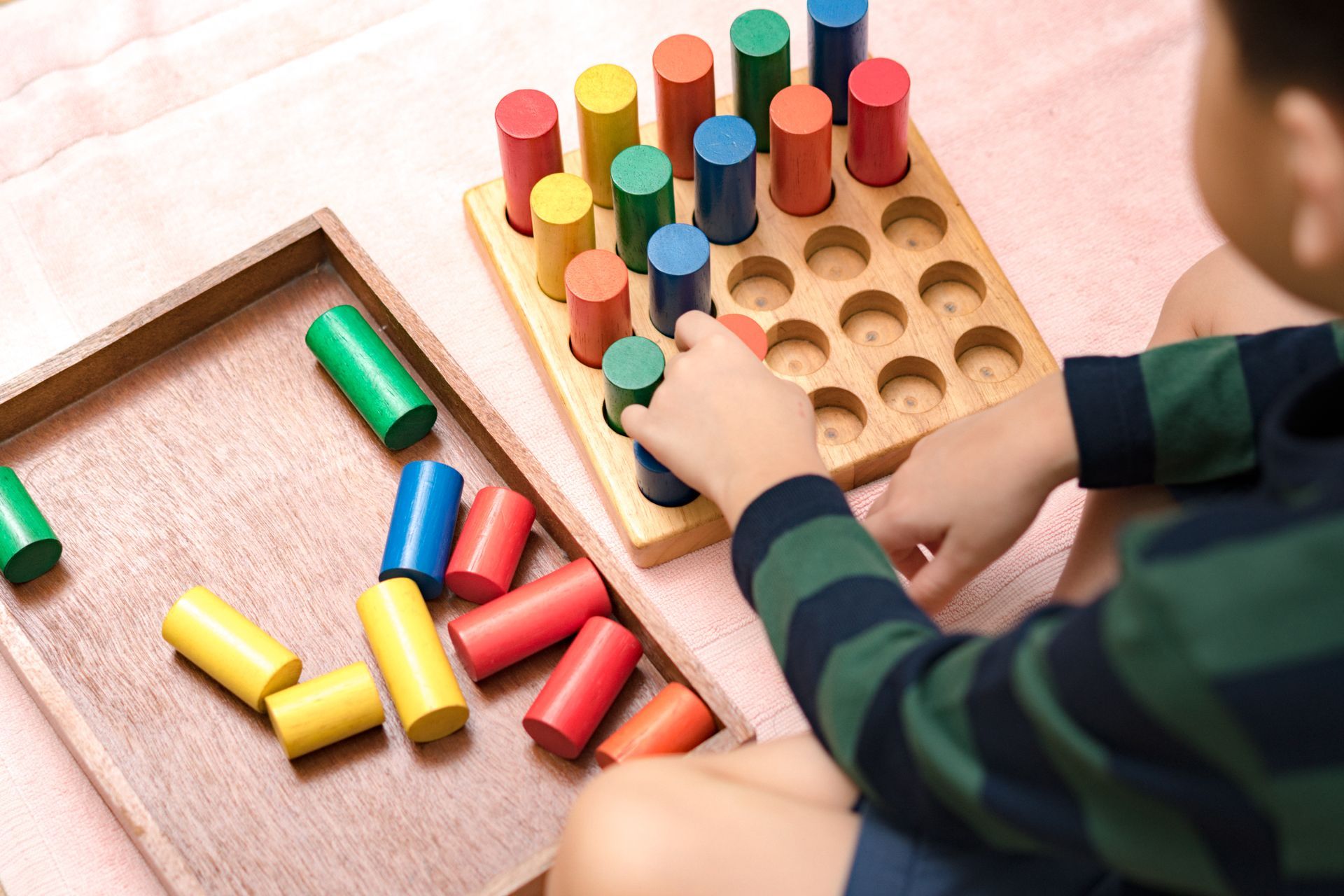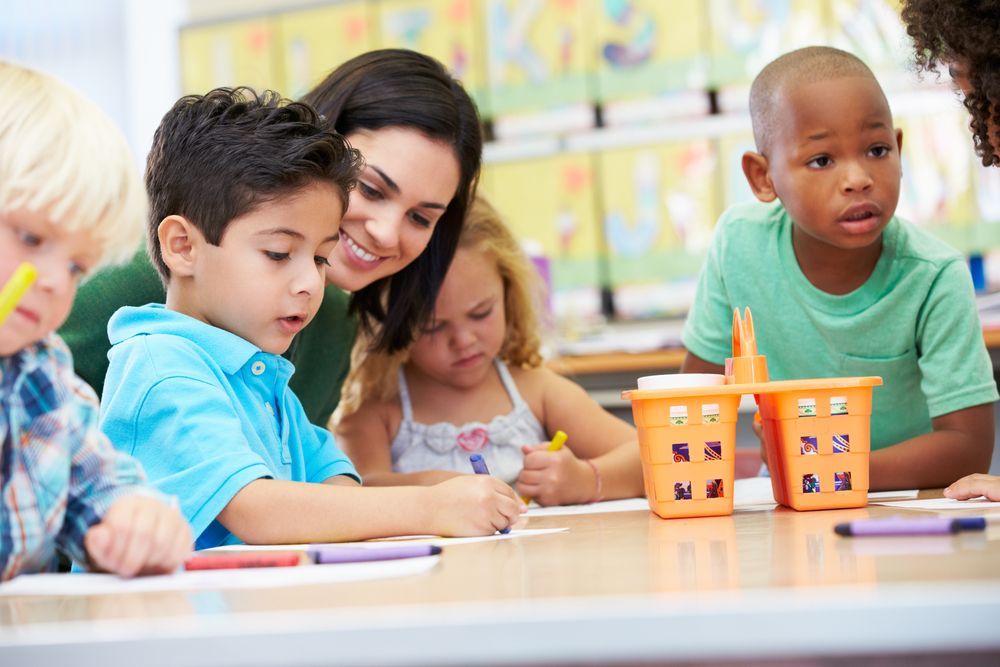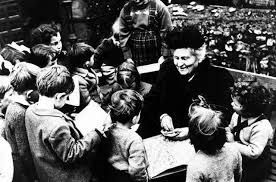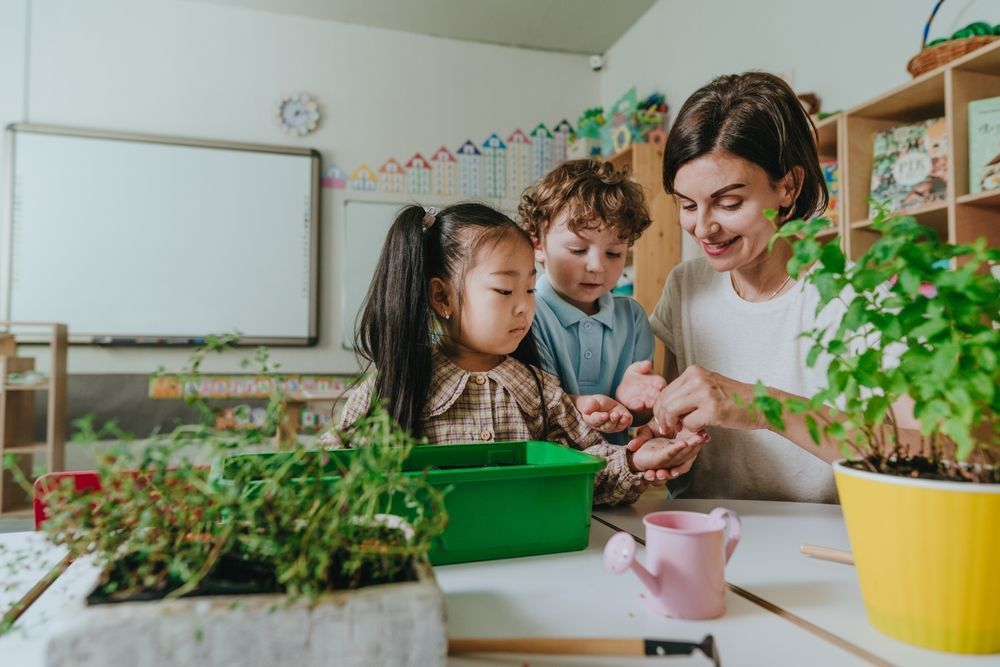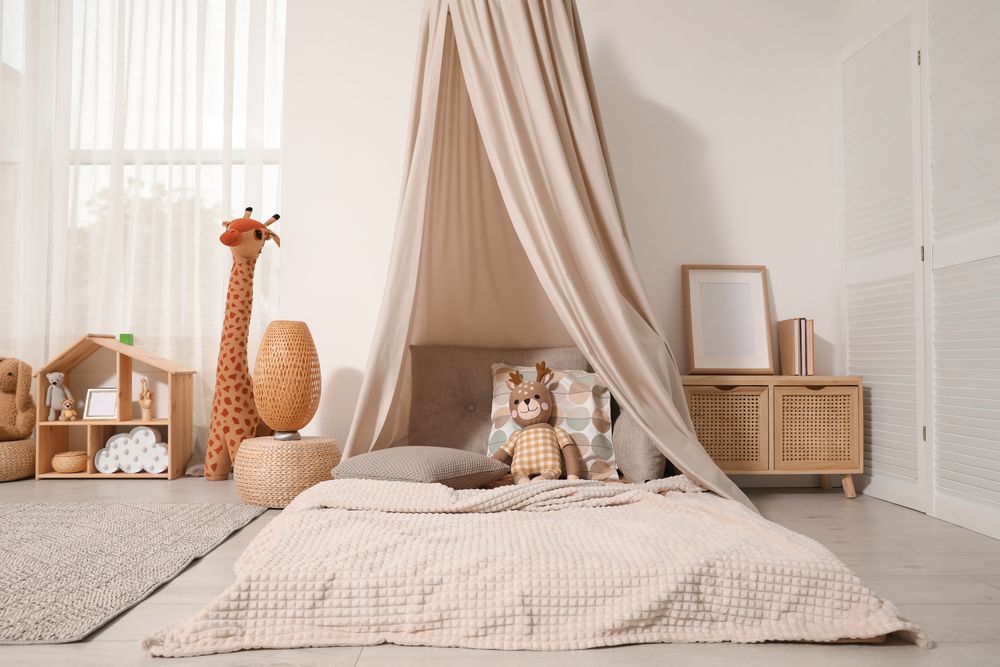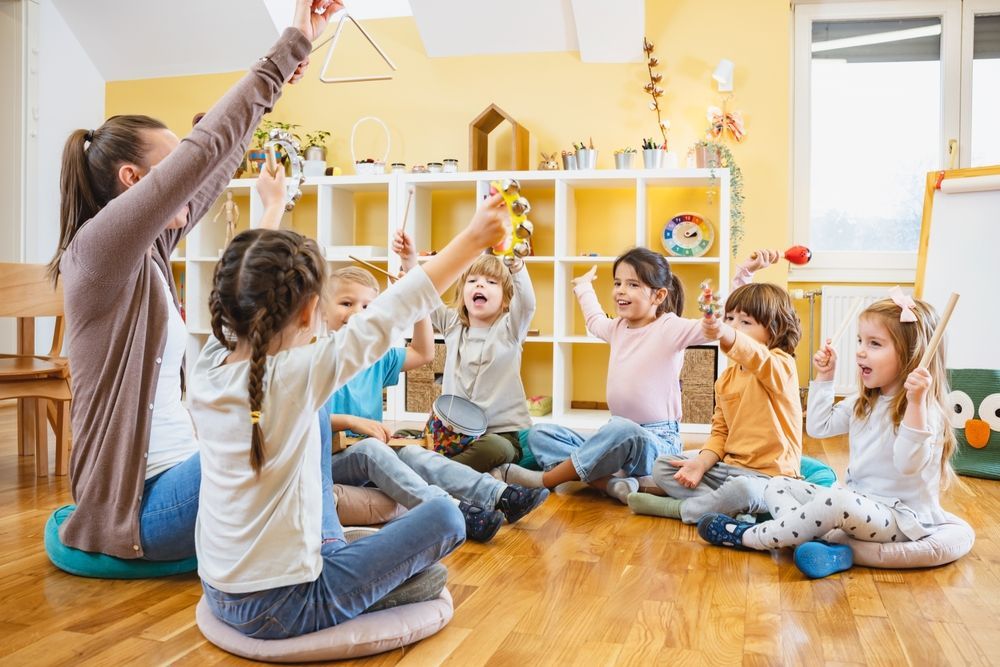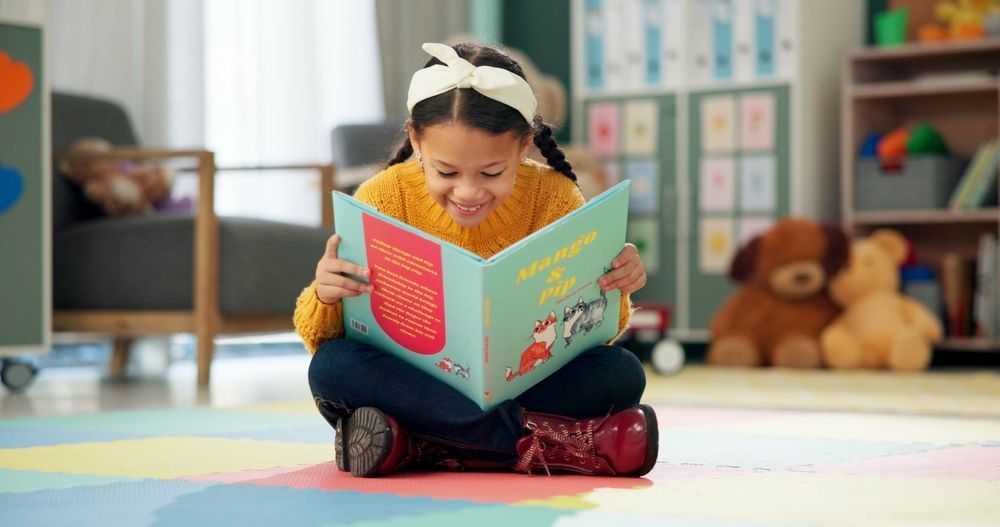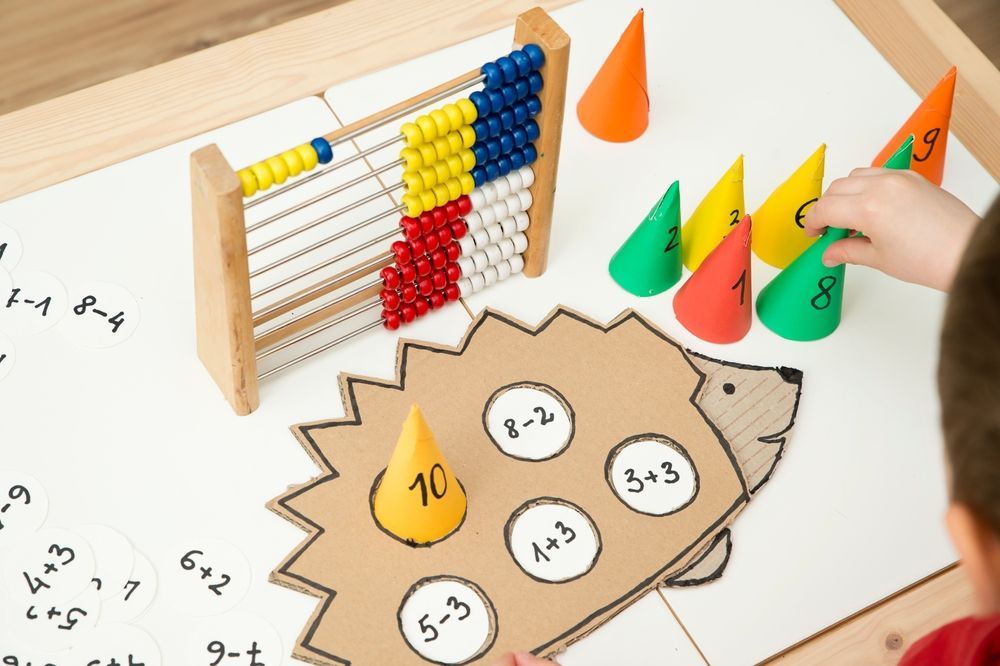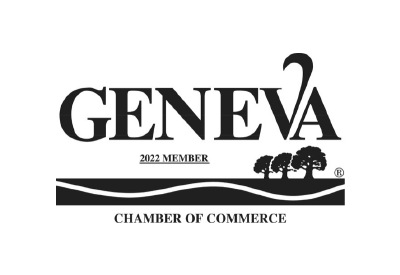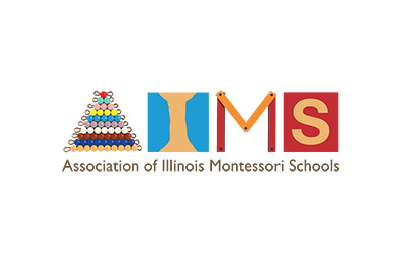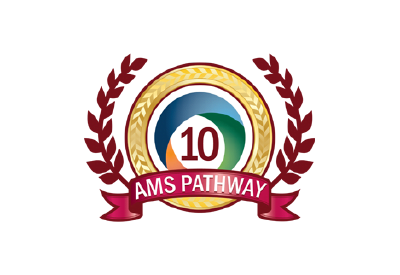Exploring Montessori History & Social Studies Curriculums
Share this Article:
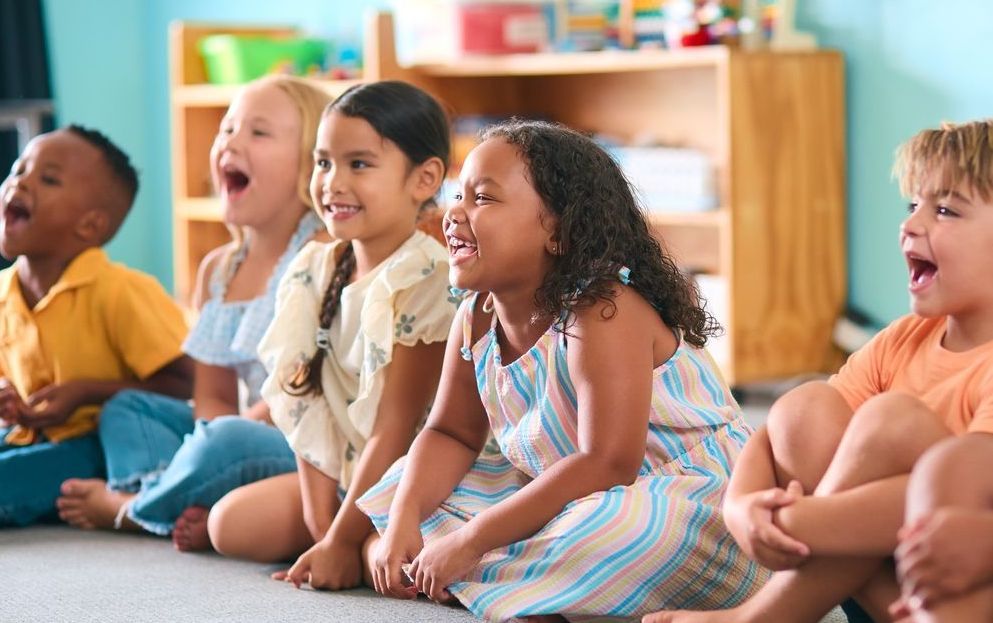
In Montessori education, history and social studies unfold through meaningful experiences, not rote memorization. Children explore time, culture, and geography using hands-on materials, storytelling, and guided discovery. These subjects help young learners build a sense of identity, understand their place in the world, and develop respect for diverse people and communities.
At
Mansio Montessori of Geneva, our
approach nurtures curiosity and cultural awareness from the earliest years, laying a strong foundation for global thinking and lifelong learning.
The Montessori Approach to Culture
Culture in the Montessori classroom includes history, geography, science, art, music, and global studies. These subjects are woven into daily life through hands-on materials that spark curiosity and help children understand the world beyond their immediate experience.
Young learners explore land and water forms, identify animals from different continents, and begin to see how people live in different parts of the world. These early lessons build a foundation of respect, empathy, and global awareness, qualities that grow as the child’s understanding of culture and community expands.
Inside the Montessori History Curriculum
History in Montessori starts with a sense of time, introduced through daily rhythms and seasons. These early experiences prepare children to understand broader historical concepts as they grow.
Building Time Awareness in Early Years
In the toddler and preschool years, time is introduced through consistent routines and natural markers like seasons, birthdays, and holidays. Children begin to notice patterns and changes, forming a basic understanding of past, present, and future.
Montessori classrooms support this development with tools like linear calendars, daily schedules, and simple timelines. These visuals help children connect abstract concepts of time to their own experiences in a clear, relatable way.
Using Timelines and Storytelling
Timelines are a key part of the Montessori history curriculum. Children use them to explore the passage of time, from the development of life on Earth to early human civilizations. These materials are simple, visual, and hands-on, making abstract ideas easier to grasp.
Storytelling brings these lessons to life. Guides share vivid narratives, like the story of the first humans or the coming of life, to spark imagination and create emotional connections. Through these stories, children begin to see history as a living journey.=
Personal History and Identity
Montessori history begins with the child’s own story. Children create personal timelines with photos or drawings to mark milestones like their first steps or birthdays. This helps them connect time to meaningful events and begin to understand sequence and change.
As they share their stories, children also learn about family traditions, cultural backgrounds, and the uniqueness of others. These early reflections build self-awareness and encourage respect for the lives of people around them.
The Montessori Social Studies Curriculum
Montessori social studies focuses on people, communities, and how we live together. Children start by learning about themselves and their surroundings, then gradually explore broader social and cultural concepts.
Geography Through Hands-On Work
Montessori geography starts with physical, tangible materials. Children work with puzzle maps, land and water forms, globes, and continent boxes to learn the names, shapes, and features of different places.
These tools invite exploration. Through matching, sorting, and labeling activities, children begin to understand spatial relationships and the diversity of our planet. The work is sensory-based, engaging, and designed to grow with the child over time.
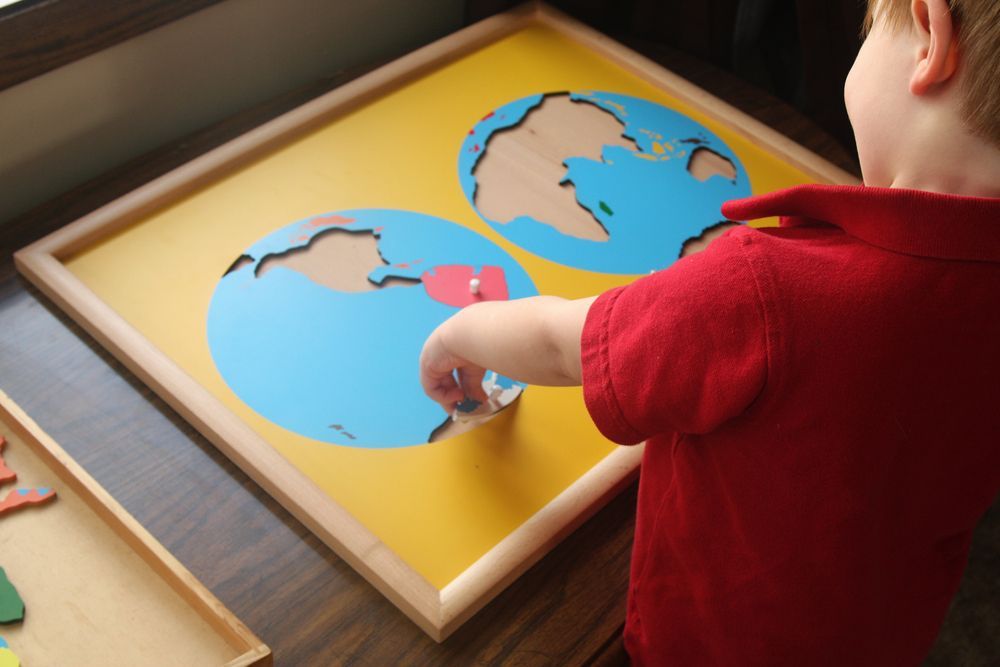
Exploring Cultures and Communities
Children are naturally curious about how people live. Montessori classrooms nurture this curiosity through cultural materials that introduce food, clothing, homes, music, and traditions from around the world.
These lessons help children appreciate differences and recognize shared human experiences. Understanding other communities helps them see themselves as part of a diverse and interconnected world.
Encouraging Global Awareness
Global awareness in Montessori grows through exposure and connection. Children learn about continents, countries, and customs while also discovering the ways people around the world solve problems, celebrate, and care for one another.
This broader view nurtures empathy and a sense of responsibility. As children become more aware of global issues and perspectives, they begin to see themselves as capable of contributing to a more peaceful and compassionate world.
Role of the Guide and Environment
In Montessori, the guide prepares the classroom with purposeful materials and meaningful lessons that introduce history and culture in an engaging, age-appropriate way. Rather than giving traditional instruction, the guide observes, presents ideas at the right time, and supports each child’s individual learning path.
The environment is designed to promote independence and discovery. With maps, timelines, and cultural materials accessible throughout the day, children are encouraged to revisit concepts, build connections, and deepen their understanding over time.
Why Early Cultural Learning Matters
Introducing culture and history in the early years helps children develop empathy, perspective, and a sense of belonging. It shapes how they see themselves and others, laying the groundwork for respectful relationships and open-minded thinking.
These early lessons also support cognitive growth. When children engage with meaningful content such as maps, personal timelines, and cultural traditions, they build language, memory, and critical thinking skills that support lifelong learning.
Discover Montessori History & Social Studies at Mansio Montessori
At Mansio Montessori of Geneva, our carefully prepared environments and dedicated guides introduce history and social studies in ways that feel natural, meaningful, and inspiring. Children build a sense of identity, deepen their understanding of the world, and develop a lifelong respect for others.
If you're looking for an
early education experience that nurtures curiosity, independence, and global thinking, we invite you to visit our school.
Schedule a tour
to see how Mansio brings Montessori history and social studies to life for children ages 15 months through kindergarten.
